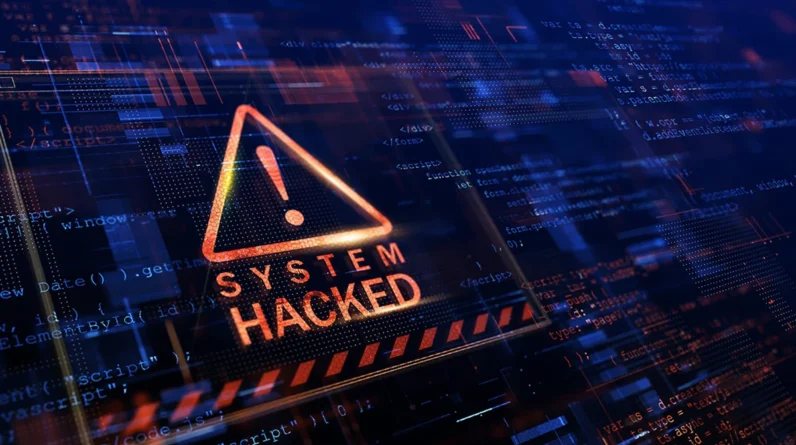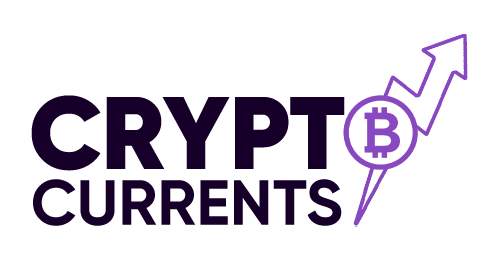
Cybersecurity threats continue to evolve, posing significant risks to businesses and individuals alike. Recent reports indicate a resurgence in attacks on large, data-rich organizations, raising concerns about the security of sensitive information. In this article, we delve into the latest trends in cyberattacks, notable incidents, and the potential consequences for digital asset owners and the general public.
The rising threat of cyberattacks
According to a report by the Identity Theft Resource Center, the number of online attacks on small businesses increased by 28% in 2023. However, 2024 has seen hackers reverting to targeting large organizations with substantial digital assets and cash reserves. This shift has led to several high-profile cyberattacks, causing widespread concern among industry experts and the general public.
Global cybercrime hotspots
Recent research from Oxford University, based on the World Cybercrime Index (WCI) cybercrime threat score, has identified the top 10 countries most affected by cybercrime. These countries include:
- Russia (58.39)
- Ukraine (36.44)
- China (27.86)
- United States (25.01)
- Nigeria (21.28)
- Romania (14.83)
- North Korea (10.61)
- United Kingdom (9.01)
- Brazil (8.93)
- India (6.13)
These nations have witnessed a significant number of cyberattacks, with hackers targeting both governmental and private entities.
Major cyberattacks in 2024
In 2024, 20 significant hacks were recorded, with cybercriminals focusing on high-value targets. Notable incidents include attacks on Christie’s auction house and Ticketmaster/Live Nation, highlighting the ongoing threat to organizations dealing with large volumes of digital assets and sensitive information.
RansomHub’s attack on Christie’s
The Russian-speaking hacker group RansomHub executed a historic hack on Christie’s, an auction house with global sales revenues of $6.2 billion in 2023. This cyberattack occurred ahead of New York Auction Week, where $922 million worth of art was auctioned. RansomHub threatened to release sensitive personal information about 500,000 high net-worth clients, potentially causing significant reputational and financial damage.
ShinyHunters and Ticketmaster/Live Nation
ShinyHunters, a notorious cyber-criminal group, took credit for one of the biggest hacks in history, affecting Ticketmaster/Live Nation. This attack compromised the sensitive information of 560 million users, including names, addresses, email addresses, phone numbers, and partial payment card data. The hackers are reportedly selling this data on the dark web for $500,000.
Ticketmaster/Live Nation, which controls 70% of ticket sales and offers NFT ticketing on the Flow blockchain, faced additional challenges as Jennifer Lopez canceled her tour “THIS IS ME…LIVE” on May 31. The cyberattack has raised concerns about the security of digital assets and the potential for further cybercrimes.
Implications for digital asset owners
The recent spate of cyberattacks poses a significant threat to digital asset owners. Sensitive information obtained through these hacks can be used to commit further cybercrimes, including identity theft and financial fraud. The Australian government, part of the Joint Chiefs of Global Tax Enforcement (J5), is working with Ticketmaster and the FBI to understand the full impact of these incidents.
IRS and tax evasion concerns
The Internal Revenue Service (IRS) has also expressed concerns about the rise in tax evasion related to digital assets. IRS criminal investigation chief Guy Ficco reported an increase in “pure crypto tax crimes,” prompting the IRS to remind taxpayers to report all earned income, including from digital asset transactions.
The IRS has identified three major tax traps for wealthy individuals, as part of its Dirty Dozen campaign:
- Improper Art Donation Deductions: Taxpayers attempting to claim inflated deductions for donated art pieces, including NFTs, facilitated by dishonest promoters.
- Shady Tax Practitioners: Advisors misleading clients about the tax implications of digital assets.
- NFT Schemes: NFTs designed specifically to exploit tax loopholes.
The IRS announced that in 2024, it would ramp up audits for high-income taxpayers, large partnerships, corporations, and digital asset accounts to combat these issues.
Cybersecurity best practices for individuals and businesses
Given the increasing threat of cyberattacks, it is essential for both individuals and businesses to adopt robust cybersecurity practices. Here are some key measures to enhance your security posture:
For individuals
- Use Strong Passwords: Create unique passwords for different accounts and update them regularly.
- Enable Two-Factor Authentication (2FA): Adding an extra layer of security can prevent unauthorized access.
- Be Cautious of Phishing Scams: Avoid clicking on suspicious links and verify the source of unsolicited emails.
- Regularly Update Software: Keep your operating system and applications updated to protect against vulnerabilities.
- Monitor Financial Statements: Regularly check bank and credit card statements for any unauthorized transactions.
For businesses
- Implement Strong Access Controls: Ensure that only authorized personnel have access to sensitive data.
- Regular Security Audits: Conduct frequent audits to identify and mitigate vulnerabilities.
- Employee Training: Educate employees about cybersecurity best practices and the importance of vigilance.
- Incident Response Plan: Develop and regularly update a plan to respond swiftly to any security breaches.
- Data Encryption: Encrypt sensitive data both in transit and at rest to protect it from unauthorized access.
The future of cybersecurity
As cyber threats continue to evolve, so must our defenses. Future cybersecurity trends are likely to include:
- Artificial Intelligence (AI) in Cybersecurity: AI can enhance threat detection and response times, making it a critical tool in cybersecurity.
- Zero Trust Security Model: This model assumes that threats could be inside and outside the network, so it verifies each request as though it originates from an open network.
- Blockchain for Security: Blockchain technology can provide enhanced security for transactions and data integrity.
- Increased Collaboration: Governments and private organizations will need to collaborate more closely to combat cyber threats effectively.
- Enhanced Privacy Regulations: Expect stricter regulations around data privacy and security, pushing organizations to adopt better practices.
Should you be concerned?
The increasing frequency and sophistication of cyberattacks on large organizations are alarming. These attacks not only threaten the targeted organizations but also the individuals whose sensitive information is at risk. Digital asset owners, in particular, face unique challenges as cybercriminals seek to exploit vulnerabilities in the digital landscape.
While there is cause for concern, adopting proactive cybersecurity measures can significantly mitigate risks. Staying informed about the latest threats and trends, and implementing robust security practices, can help protect both personal and organizational assets.
In summary, yes, you should be concerned about the growing threat of cyberattacks, but with the right strategies and awareness, you can protect yourself and your digital assets from potential harm. Cybersecurity is a shared responsibility, and vigilance is key to safeguarding our digital future.
Read also: Nvidia completes its 10-for-1 stock split: the hesitation to invest in this AI giant






